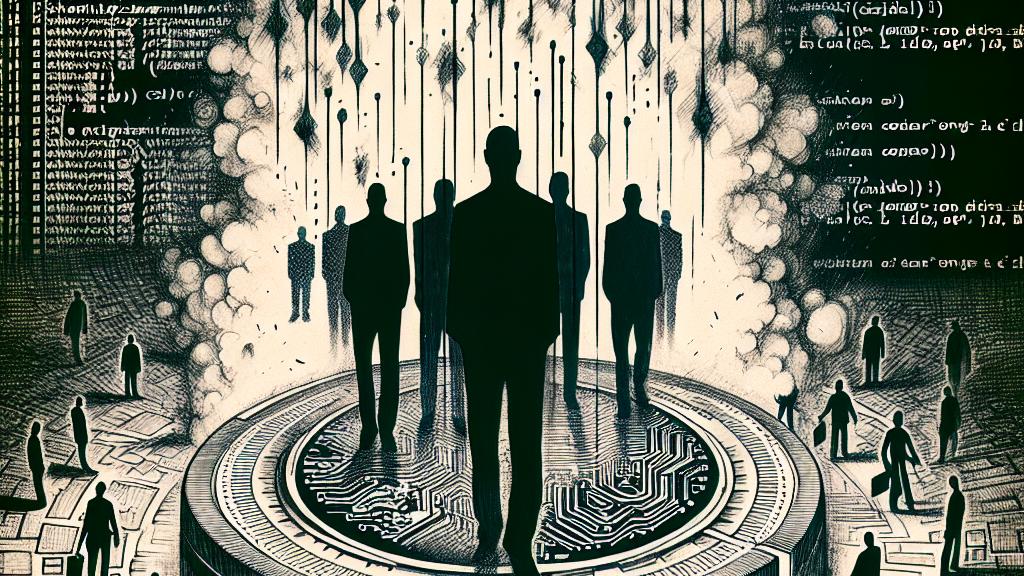Linus Torvalds Explains the Delisting of Russian Maintainers from the Linux Kernel
Overview
- Linus Torvalds offers a detailed explanation of the recent decision to remove Russian maintainers from the Linux kernel's MAINTAINERS file.
- This move, driven by compliance with international sanctions, has ignited passionate discussions within the Linux community and beyond.
- Perspectives on the decision vary widely, highlighting the intricate relationship between global politics and open-source collaboration.

Contextualizing the Removal of Maintainers
In a surprising shift, numerous Russian maintainers were recently erased from the Linux kernel's MAINTAINERS file. This action was initiated by Greg Kroah-Hartman and stemmed from compliance requirements associated with international sanctions. The decision rattled the community, especially as it primarily affected maintainers who were responsible for critical components of the kernel. Many of these individuals expressed their shock, as well as their confusion regarding the lack of explicit guidelines surrounding these compliance criteria. Debates erupted in developer forums, revealing a deep-seated concern about the implications of such removals and whether they could obstruct collaboration within this vital open-source ecosystem.
The Firm Stance of Linus Torvalds
On October 23, Linus Torvalds took to the community, delivering a decisive defense of the decision to delist certain maintainers. He asserted that the rationale was unmistakable and that no reversal would occur. Torvalds elaborated, pointing out that the compliance challenges were not merely a matter of American sanctions; rather, they also encapsulated a broader geopolitical context, particularly the strife associated with Ukraine. His passionate and straightforward comments underscored the urgency of adhering to legal obligations, essentially urging the community to recognize the significant ramifications of ignoring these realities. By framing the discussion around both legal necessity and community collaboration, Torvalds was able to emphasize the weight of responsibility that every developer shares in the face of global issues.
A Spectrum of Reactions from the Community
Responses from the Linux community have varied significantly, presenting a rich dialogue about the complexities of collaboration in technology. Some members wholeheartedly supported the removal, arguing it was essential for protecting the integrity and legal standing of the project. On the other hand, critics voiced apprehensions about the potential for discrimination, advocating that skill and merit should supersede nationality. This discussion not only reflects the diverse viewpoints within the community but also reveals how much the landscape of technology can be influenced by global political climates. Torvalds reassured contributors that their efforts should be valued, regardless of their background; yet any engagement with collaboration must also reconcile with the harsh realities of our world today. This incident serves as a pivotal learning opportunity, prompting vital questions about how global challenges can redefine norms within open-source projects.

Loading...